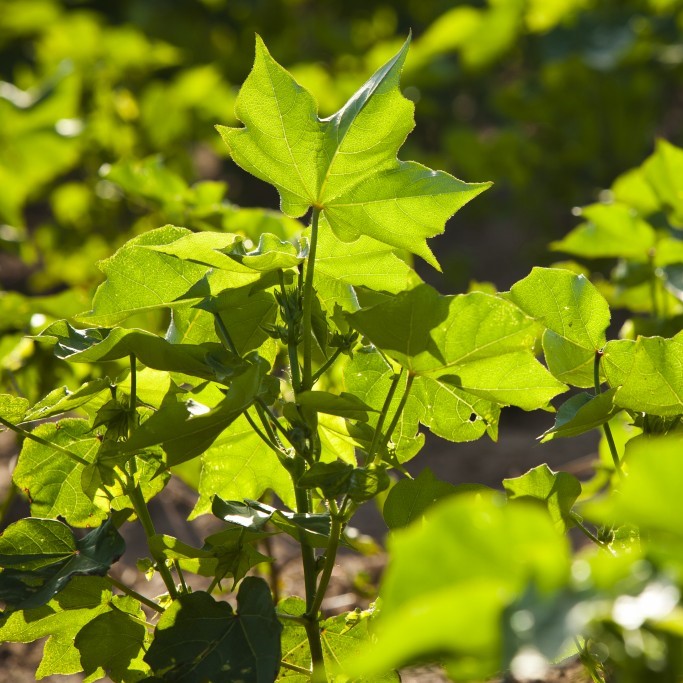Enlist™ Cotton Helps Kansas Farmer Increase Cotton Yields
Kent Dunn didn’t grow up farming, but he sure liked the idea. Both sets of grandparents farmed, so he got a taste of the lifestyle as a kid.
Eventually, he married a farm girl, Ardith, and started off as an employee. That’s grown into a partnership involving his wife and three sons, Jayme, Jason and Joshua.
“I didn’t grow up on a farm, but I always wanted to farm,” Dunn says. “I enjoy the lifestyle and the freedom. I like to raise good crops. And I enjoy having our sons involved.”
Their operation in Satana, a small town in southwest Kansas, produces corn, cotton, milo, soybeans, wheat, triticale and some alfalfa. They’ve also raised sunflowers in the past.
“Our land is about 50% irrigated, center pivots with sprayer irrigation,” Dunn says. “We started growing cotton in the late 1990s.”
Because of the amount of wheat production in the region, lots of nearby farms would spray 2,4-D amines or esters in the middle of the cotton-growing season. Cotton in the area often suffered from drift of 2,4-D amine or ester, hampering the ability to grow much cotton in the area. Dunn saw Enlist™ cotton as a solution.
“Before PhytoGen cottonseed with the Enlist trait, our top yields were 800 to 1,000 pounds per acre,” Dunn says. “With Enlist cotton, we don’t have to worry about midseason 2,4-D drift.”
Additionally, using Enlist herbicides with 2,4-D choline means his applications don’t move off target onto other fields in the area. Do Enlist™ herbicides give him peace of mind during application season?
“Tremendously so,” Dunn affirms. “We don’t have to worry about 2,4-D drift at all. We have used some Enlist Duo, but we mostly use Enlist One for cotton. We like a tank mix of Enlist One, Liberty herbicide and Roundup.”
Pigweed and kochia are the most stubborn weeds Dunn faces.
“With Enlist One and Liberty herbicides post, we can really burn those weeds,” Dunn says. He says multiple sites of action are very important for controlling weeds and limiting the development of weed resistance.
“We like to start as clean as possible in spring,” he explains. “We use Roundup, Banvel or 2,4-D for burndown. We also need a good residual because cotton can be slow to canopy. That gives weeds more of a chance to grow before we can get our postemergence application down.”
In southwestern Kansas, rain rarely prevents farmers from getting into their fields. Spraying is limited only by wind speed and direction.
“We usually are able to spray in a timely manner,” Dunn says. “The combination of Enlist One and Liberty gives us improved weed control.”
Dunn says he’s gotten excellent support from PhytoGen, including Ben Benton, his cotton development specialist, and a host of written and online materials. Dunn reports every farm in his area is 100% PhytoGen cottonseed with the Enlist™ trait. He says PhytoGen continues to come out with better short-season varieties that fit their needs.
He says the Enlist trait is better suited for his farm than other traits available.
“We hear horror stories about dicamba drift,” Dunn says. “We can back up the claim that Enlist stays on target. It doesn’t drift.”
